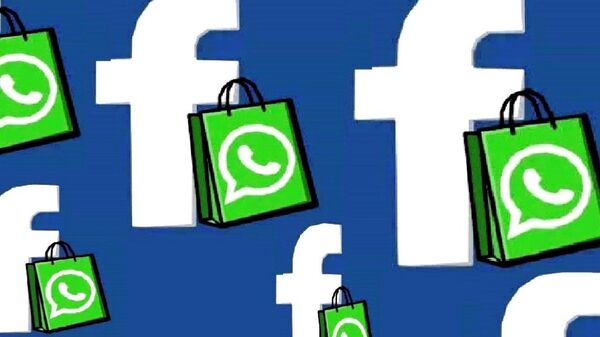At a conference in Munich, WhatsApp founder, Jan Koum mentioned a new business model which the messaging giant would soon be turning to. The subscription fee model of $1/year, according to Koum, "doesn't work for some people", as Facebook Messenger, for example, is completely free.
WhatsApp crossed 1B Android downloads. btw our android team is four people + Brian. very small team, very big impact. pic.twitter.com/sW4F9SlKKv
— jan koum (@jankoum) March 11, 2015
WhatsApp, however, hasn't settled on a final business plan, said Koum.
Despite the changes, WhatsApp insists the updated version of the app will pursue the goal of avoiding spam and unwanted advertising, it holds so close to heart. Founders Jan Koum and Brian Acton wrote on their official WhatsApp blog:
"We wanted to make something that wasn't just another ad clearinghouse. Advertising isn't just the disruption of aesthetics, the insults to your intelligence and the interruption of your train of thought…"
However, there's no such thing as a free lunch — WhatsApp may be following in Facebook Messenger's footsteps, offering its service for free, but it wants something in return. The updated version of the app quietly introduced a new feature — an optional tickbox, which allows it to share your data with Facebook "to improve your Facebook experience."
This discovery of WhatsApp sharing your account information with Facebook was made by Javier Santos, an Android developer.
— Javier Santos (@fjaviersantos) January 21, 2016
Judging by the leaked screenshots, end-to-end encryption will apply to WhatsApp messages and calls as well. WhatsApp already encrypts all conversations by default, and an encryption indicator will now make sure that you know it does. End-to-end encrypted messages can't be read by anyone, including WhatsApp.
Y esta os va a molar aún más pic.twitter.com/i2gz1Bp5NV
— Javier Santos (@fjaviersantos) January 20, 2016
A private chat feature similar to that of the messaging app Telegram will also be available.
It is also not entirely clear what information will be exchanged between WhatsApp and Facebook, with many citing the contact list as being the obvious starting point. The content of conversations could also be used to suggest groups and pages on Facebook.
Some privacy campaigners have welcomed the indicator feature, yet many are left unimpressed by the prospect of data sharing with Facebook.
In other words, Facebook thinks WhatsApp users’ conversations & data are worth enough money that they’ve decided not to charge them anymore.
— James Steinbach (@jdsteinbach) January 18, 2016
WhatsApp founders and creators, Jan Koum and Brian Acton, however, remain unshakeable in their view that users' data will not be compromised.
"Remember, when advertising is involved you the user are the product. At WhatsApp, our engineers spend all their time fixing bugs, adding new features and ironing out all the little intricacies in our task of bringing rich, affordable, reliable messaging to every phone in the world."
"That's our product and that's our passion. Your data isn't even in the picture. We are simply not interested in any of it."


